As the holiday approaches, each of our Canada office staff are eager to find a comfortable spot on a couch, fill up a mug of hot tea or coffee and pick up a book. Here's what we're reading this winter holiday!
Jeannette's Pick
The book I am saving for the holidays is 'The Lost Diaries of Susanna Moodie' by Cecily Ross. It would appeal to Canadian History teachers, as although fiction, it is based on the life of Susanna Moodie who, with her sister Catherine Parr Trail, came to Canada as settlers in the 1830s. Both wrote of their hardship and often desperate lives in this new land.
Charlotte Gray wrote a wonderful biography about them few years back called 'Sisters in the Wilderness' which I loved. Also the CBC filmed a documentary about the sisters based on Gray's book, which is available to registered schools on CBC's Curio.ca.
Their stories relate obtusely to mine; they landed at Port Hope near were my parents are in now and like I did, they spent their childhoods in England. Moreover, their family owned Reydon Hall, which is about two miles from where my brother lives now in Suffolk. I have seen the manor house (its not open to the public) and visited the graves of their sister, who became a reknown biographer, and one of Queen Victoria's favourite writers.
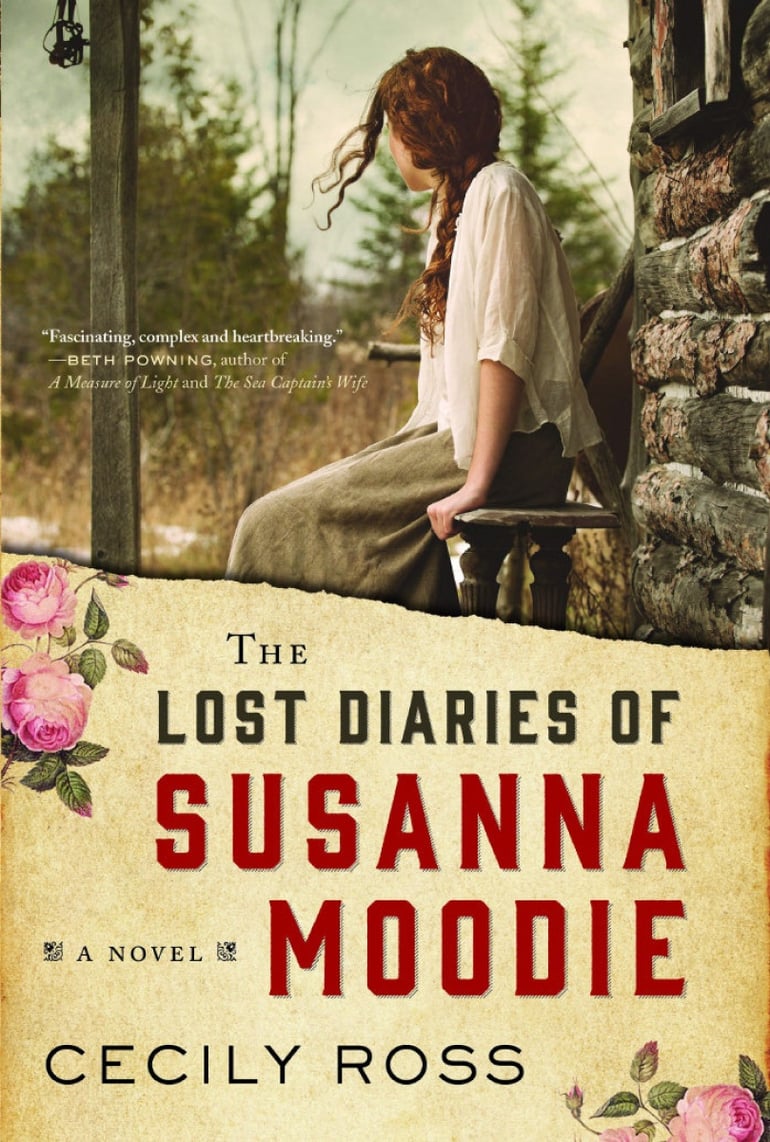
Gillian's Pick
This holiday, I will be reading Payam Akhavan's In Search of a Better World. I picked it up to be drawn into a current conversation on human rights, justice, and further expand my universe of obligation with one of Canada's leading thinkers in the area of international law and genocide.
A book of memoir, history and a call to action, In Search of a Better World was the 2017 Massey Lecture. UN Prosecutor and human rights scholar Payam Akhavan has encountered the grim realities of contemporary genocide throughout his life and career as a Member of the International Court of Arbitration, and a former UN prosecutor at The Hague. He argues that deceptive utopies, political cynicism and public apathy have given rise to major human rights abuses: from the religious persecution of Iranian Baha'is that shaped his personal life, to the horrors of ethnic cleansing in Yugoslavia, the genocide in Rwanda and the rise of contemporary phenomena such as the Islamic State. But he also reflects the inspiring resilience of the human spirit and the reality of our inextricable interdependence to liberate us, whether from hateful ideologies that deny the humanity of others or an empty consumerist culture that worships greed and self-indulgence.
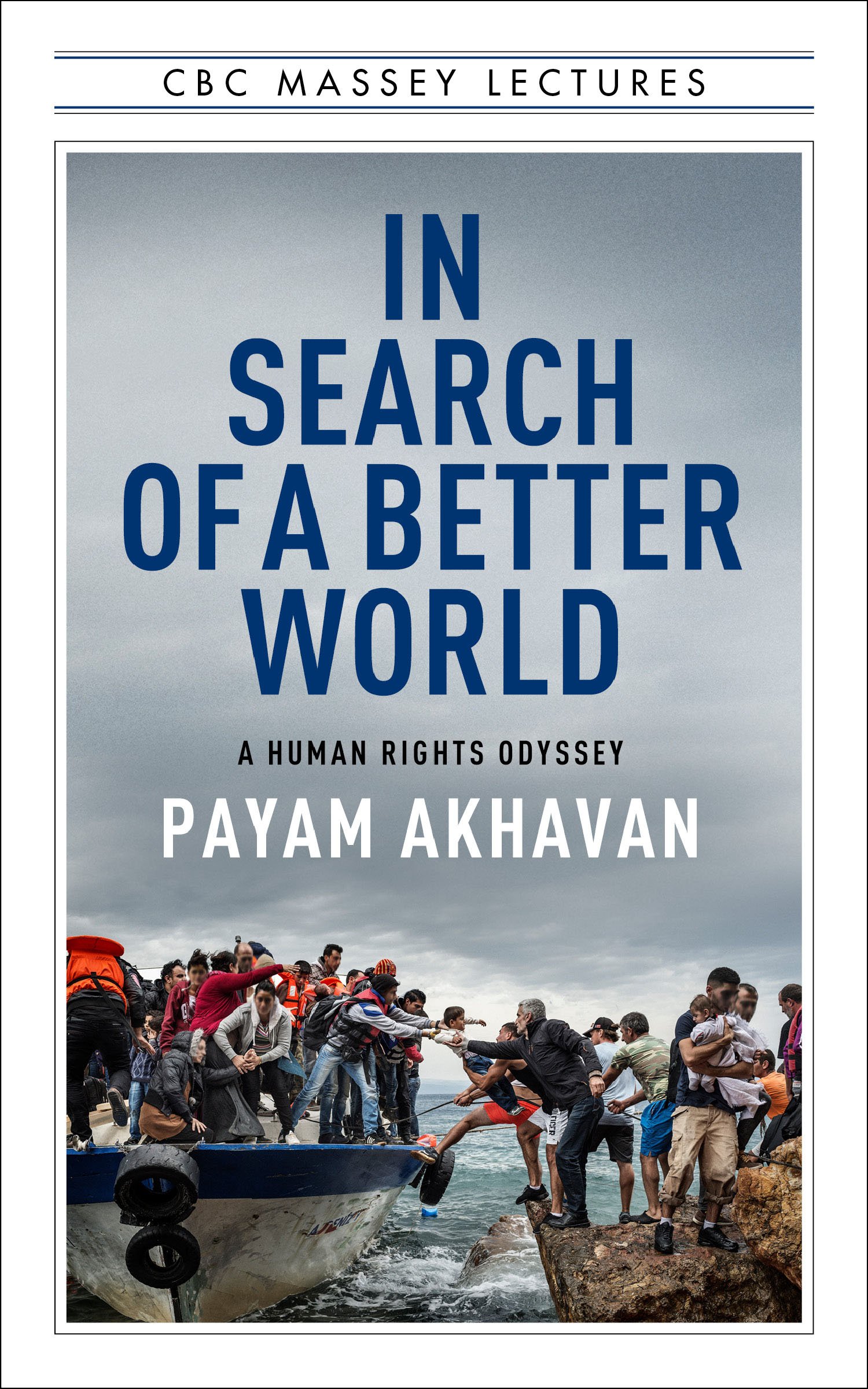
Leora's Picks
There are two books that I will be reading over the winter break. I often have two books on the go: One fiction and one non-fiction and so right now I am reading Medicine Walk, by Richard Wagamese and Seven Fallen Feathers, by Tanya Talaga.
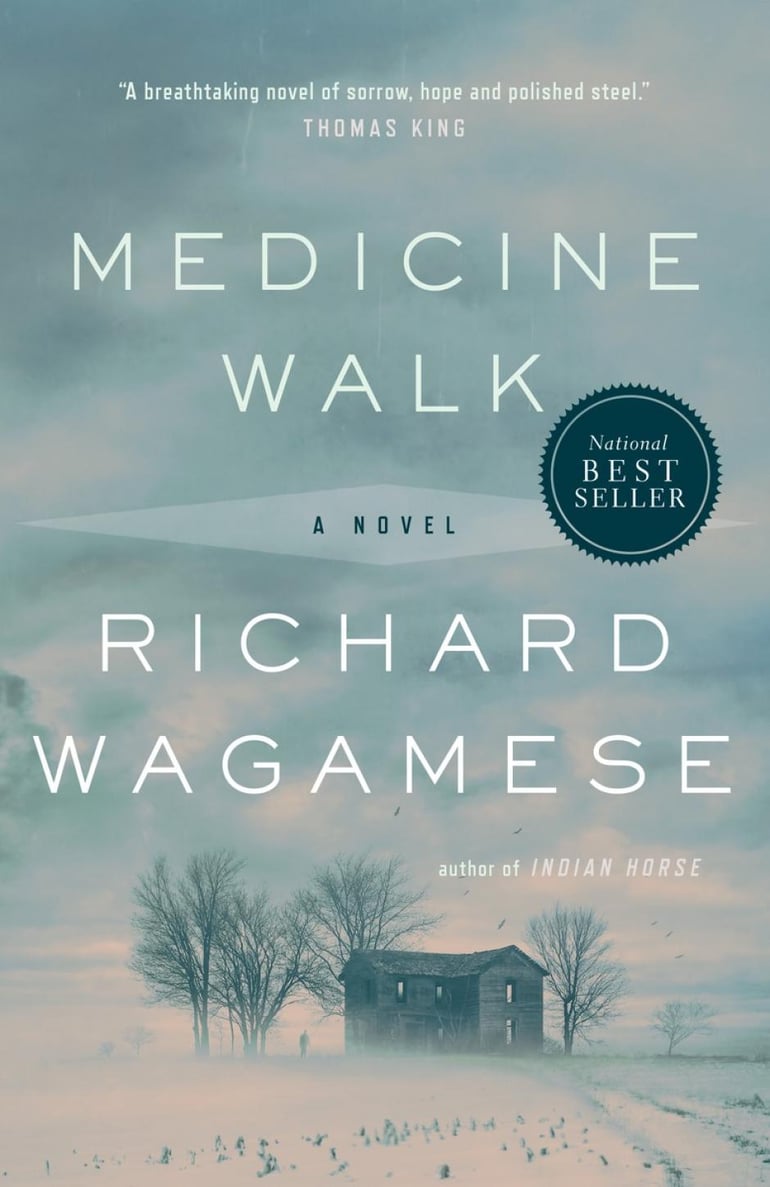
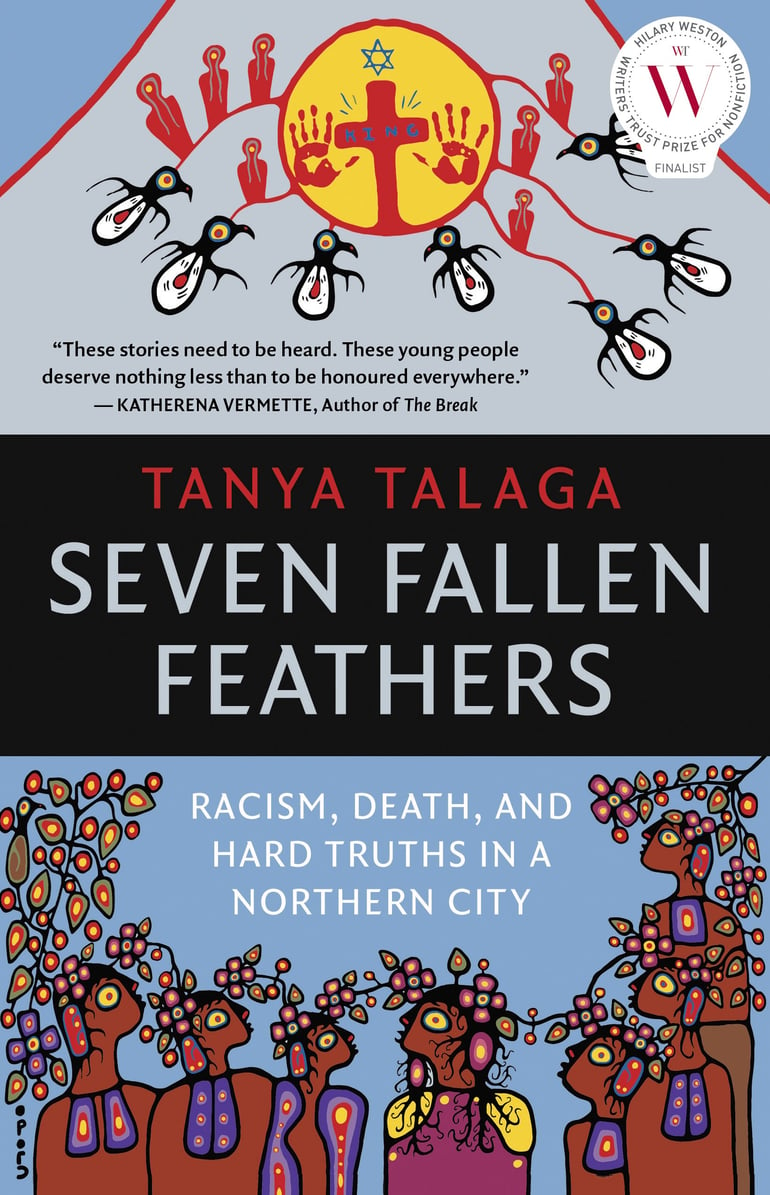
Jasmine's Picks
At the end of summer, I was on my way out of town for a week of nothing-doing at a cottage. This rarely happens and I was so excited to do some reading. I stopped off at my local bookstore to purchase a copy of Chelsea Vowel's Indigenous Writes. I was disappointed (and also heartened to learn) that the book had sold out, but the sales associate suggested I check out Surviving Canada: Indigenous Peoples Celerate 150 Years of Betrayal, a collection of essays edited by Kiera L Ladner and Myra J Tait of the University of Manitoba. I began reading this collection of essays and was immediately glad this book was placed in my path.
The collection begins with Associate Professor of Law at McGill Aaron Mills' "Nokomis and the Law in the Gift: Living Treaty Each Day," a piece that challenged and enlightened my understanding of what living in reconciliation means with regards to laws (i.e. it means learning the laws of living for Indigenous peoples, and learning to live by those laws). Mills also spoke to (allay) my fears of making mistakes as I learned about what this would look like. Some readings have a palpable anger that challenged me and have forced me to sit and work through my discomfort, or to think carefully about the way that I talk about Truth and Reconciliation, and its purpose for Canada. I am part-way through this (464 page) collection, and I'm looking forward to diving back in to it, reading new perspectives, gathering ideas that can make their way into workshops or classrooms and learning more from the authors.
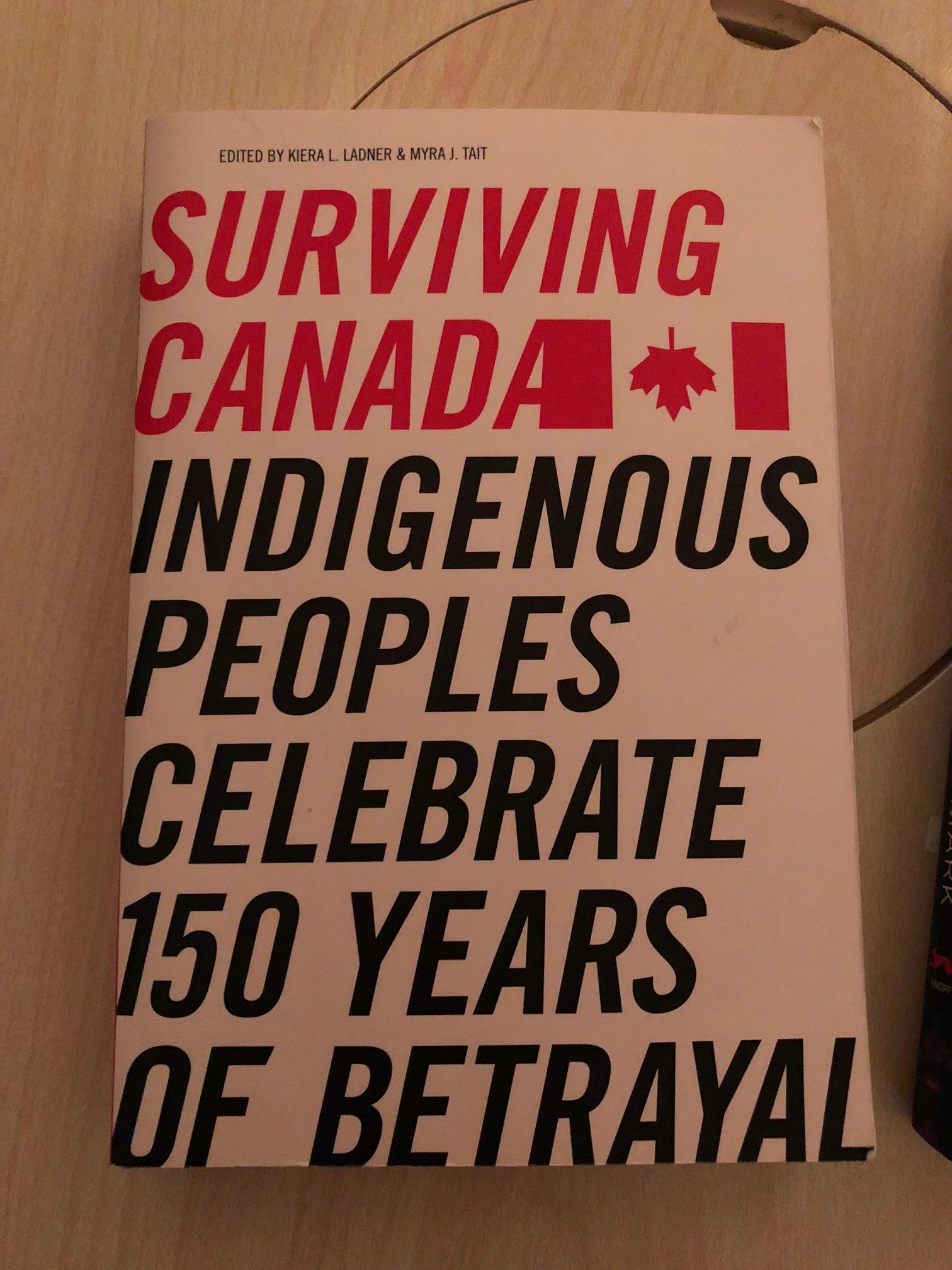
Here's a snapshot of the first collection of essays and poems
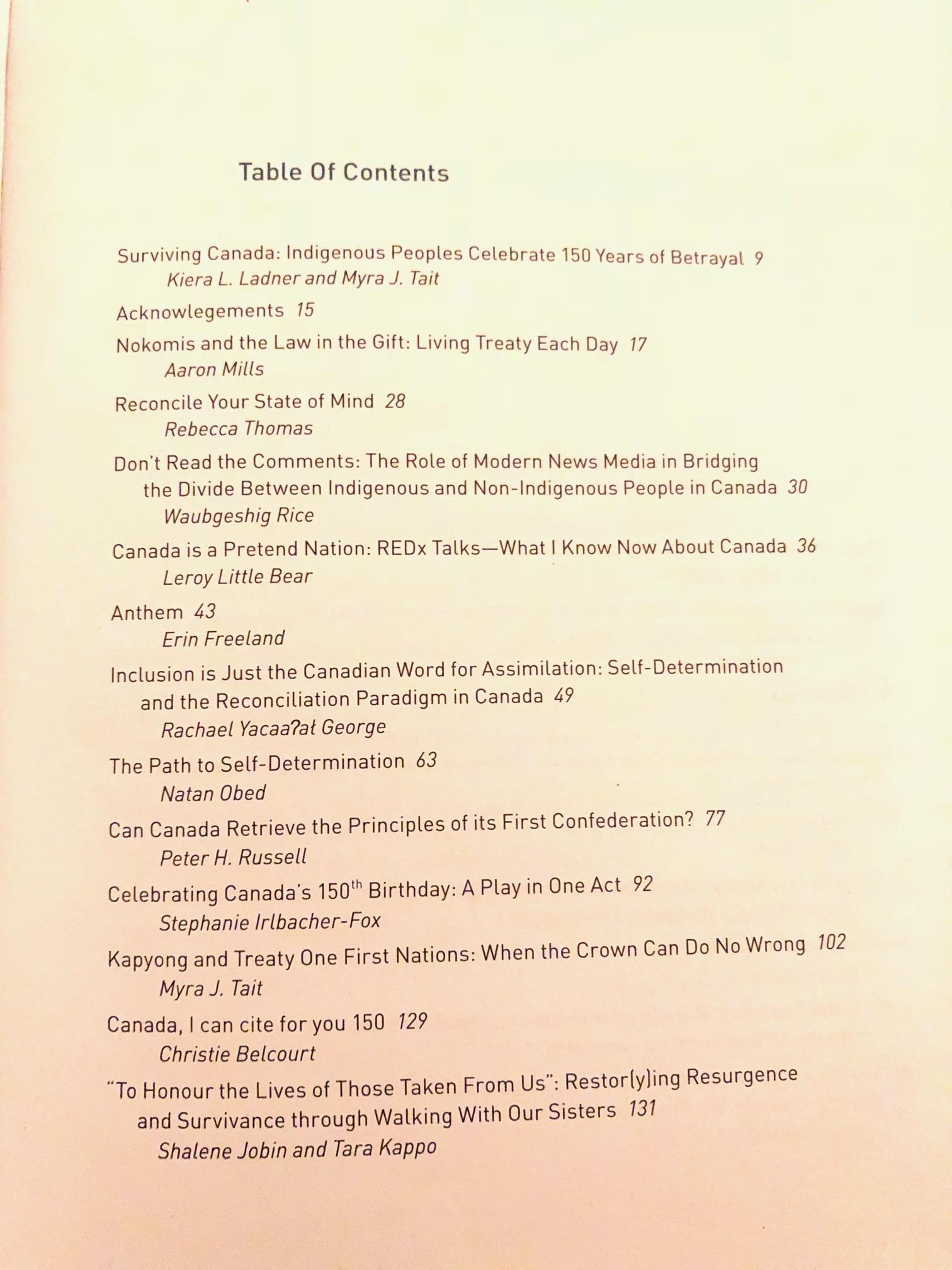
Like Leora, I like to pick up both fiction and non-fiction when I get the time, and The Hate U Give, by Angie Thomas is one that Leah Mauer, one of the teachers I work with, raved about. She told me she tore through the novel. I'm interested in gaining new perspectives and perhaps a resource to recommend for a literature classroom. If I can sneak in an audiobook on a related topic (I love podcasts and audiobooks!), I'm also hoping to listen to Beverly Daniel Tatum's, Why are all the Black Kids Sitting Together? and Other Conversations about Race. It's a text that has informed many of our colleagues' thinking and language around racism, and our work to build up schools' capacities for equitable, culturally responsive and relevant pedagogy. I'm proud to know so many school administrators and teacher leaders who have initiated conversations around inclusion and equity for their communities, and have asked us to work with them on this journey. Dr. Tatum's work will be a resource for me as I support these amazing individuals in the work that they do.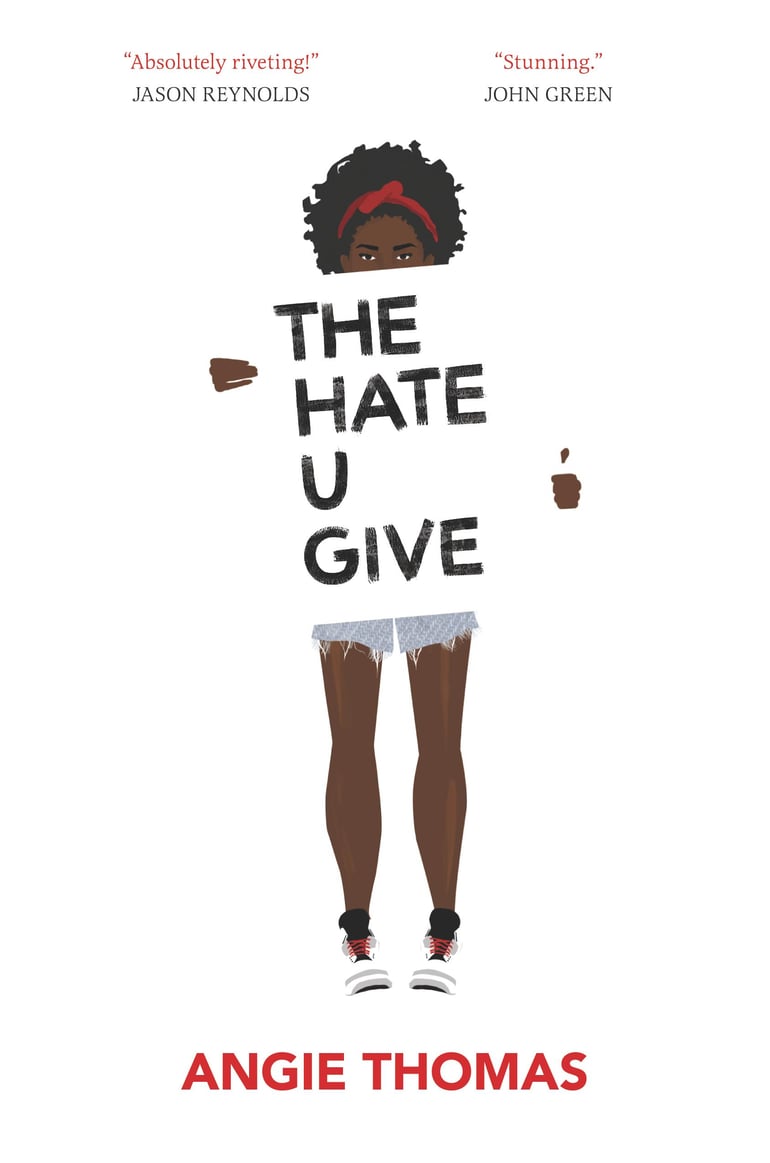
Do you have a book you're reading this holiday? Are you reading something you think we should be reading? Tell us about it and why you think others should read it too. Tweet us @FacingCanada #FacingCanadaMustRead
